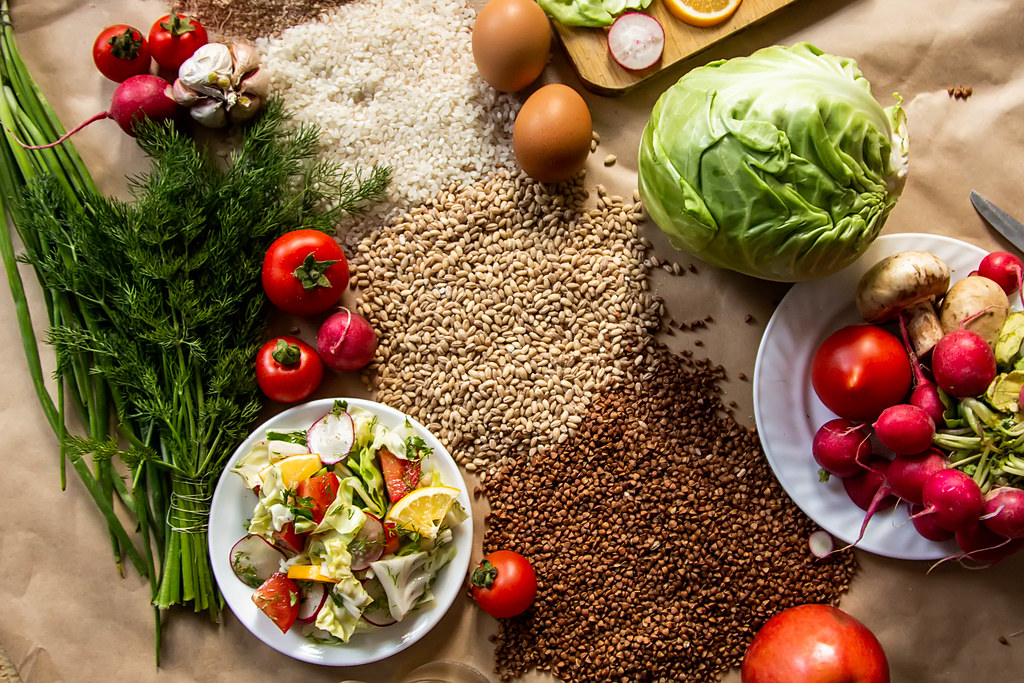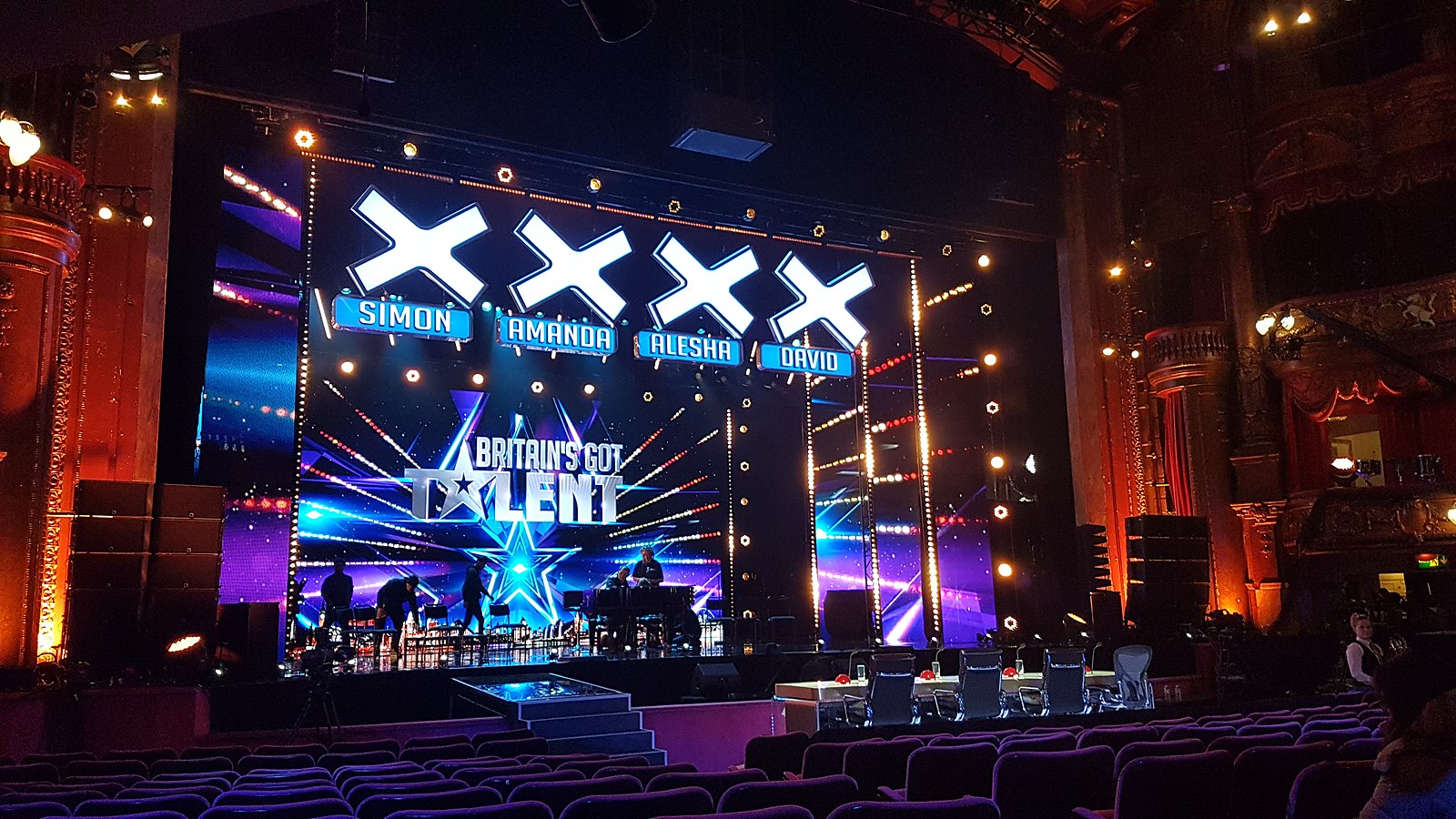Over the past few weeks, there has been a lot of talk in the media surrounding the nation’s response to Diversity’s performance on ITV’s Britain’s Got Talent. On Saturday 5th September, Diversity, a successful street dance group consisting of dancers from a range of racial backgrounds, delivered a powerful dance performance which touched on the events of this year. It highlighted how the global coronavirus pandemic brought the world to a standstill, giving room for the tragic death of George Floyd and those of many other black victims of racial violence to be afforded worldwide attention. The performance stood in solidarity with the Black Lives Matter movement, echoing the cries for racial equality that have been voiced by the black diaspora all over the world in the past six months.
To my surprise, but not so surprisingly or out-of-character after all, the British public managed to find offence in what was a moving and unifying performance, claiming that Britain’s Got Talent should be a space for entertainment, not political statements. What these critics fail to understand is that blackness is political. In fact, the public outcry that followed Diversity’s performance, evidenced by the 24,500 complaints it received in just over a week, begs the question: will Britain even truly embrace racial diversity? Or, are most Brits so uncomfortable opening up a dialogue about race in their country that race relations in Britain have reached their peak level of progress – a weird grey area between love and hate, a position of mere tolerance on all things black?
Don’t get me wrong. British citizens aren’t completely averse to admitting that racism exists in the world today. What they are opposed to, however, is admitting the state of race relations in Britain today. Great Britain, with its claim to be such a ‘great’ and mighty island, has developed a national worldview which encourages the country to worship and revere itself, whilst criticising others.
What exactly does this mean? It means that Brits waste no time when it comes to pointing out how explicit and glaring racism in the US or France is, yet would deny the severity of it in their very own territory. It means that, if I as a Black British individual even attempt to voice the cold, harsh reality of racism in Britain amidst White British people, I will be met with rhetoric which invalidates and dismisses my experience. They’d claim a facade of tolerance and racial harmony in Britain with a series of statements like: “Britain is one of the least racist and most tolerant countries in Europe”, “Racism isn’t really much of an issue in Britain anymore” or “We all get along so well in this country. Stop causing a divide,” and finally, my personal favourite: “Stop playing the race card. It probably had nothing to do with you being black.”
Of course, none of these dismissive statements should anger people of colour, right? Because that’s the ‘British way’, right? Sweeping things under the carpet with the hope that if you ignore them for long enough, they will cease to be a problem. This may seem like a great solution, but the only issue with this is that it only works for White British people, not for people of colour in Britain. By pretending that racism isn’t a British issue, but a foreign, international one, the country does no favours to minority Brits – particularly Black Brits, who, time and time again, bear the brunt of the insidious and deep-rooted racism in this country. In fact, it worsens our experience, making us feel gaslighted and delusional. It’s one thing to experience discrimination, and another to constantly be told that you’re not experiencing discrimination.
The tendency of the British to gaslight its Black British inhabitants is not specific to Diversity. We saw this same attitude manifest itself earlier this year when many Brits attacked Stormzy for voicing that he thought Britain is “100%” racist in an interview with an Italian newspaper, La Repubblica. Despite most news outlets stepping forward to clarify that Stormzy meant that the UK is certainly and most definitely racist, thousands of ignorant individuals decided to run with their presumptions that he was identifying all British people as racist. Ironically, in an attempt to challenge what seemed to them to be a false generalisation, many Brits proved Stormy right by spewing further racist slurs, stating that he – a British native – should “go back to Ghana” if he is unhappy with the status quo in the UK.
Not long after this incident, we also saw the same thing occur when thousands of Brits called the Brits Award Show to complain when Dave performed ‘Black’ at the 2020 Brits’ Awards. Once again, Britain revealed to 3.8% of its population that it possesses the uniquely fascinating ability to find ‘offence’ in any performance that sheds light on their black experience. Many began spitefully bringing up the fact that one of Dave’s brothers is serving a life sentence in prison for murder, arguing that he should focus on the kind of “black on black violence” perpetrated by his brothers before accusing Britain of racism, as though the two issues are mutually exclusive. Because surely, a black man with two brothers in prison has no business discussing racism until he single-handedly solves the issue of knife crime in London… because black people shouldn’t dare to speak about racism until the black community is violence-free and harmonious.
This form of respectability politics has been used to silence the black diaspora for centuries. We have always been warned that we must first prove that we are capable of civilisation and humanity before we are treated like civilised human beings. God forbid that we are entitled to decent human treatment, on the sole basis of us being human. No. First, we must come across as respectable and decent. We must earn our spaces on platforms like Britain’s Got Talent and the Brits Awards… and if we dare speak about taboo topics such as racism in our own country, we should immediately be banned from these platforms, and our voice must be taken away, in the same way it was ‘given’ to us by our benevolent white puppet masters.
This explains why many White British people respond to pro-black, anti-racist performances with a sense of entitlement and ownership towards British media platforms, demanding that platforms like ITV and the Brits ban black performers for simply speaking their mind. According to them, they have the power to simply shut us up when they feel uncomfortable since they kindly ‘allowed’ us to speak in the first place. Yet, when they can’t bear to hear our reality, they’d rather resort to silencing our voices completely, cutting off any opportunity to initiate the dialogue about racism in the UK.
This sends a message to all of us Black Brits: it tells us that in the UK, we can only speak when what we are saying allows White Brits to sit comfortably in their cosy seats of white privilege. If Britain can’t deal with the harsh truths of British racism, at least enough to silently sit through a harmless Diversity performance, how will we ever be able to embrace racial diversity?
“When White People Are Uncomfortable, Black People Are Silenced”
– Elizabeth Cargle, 2019




